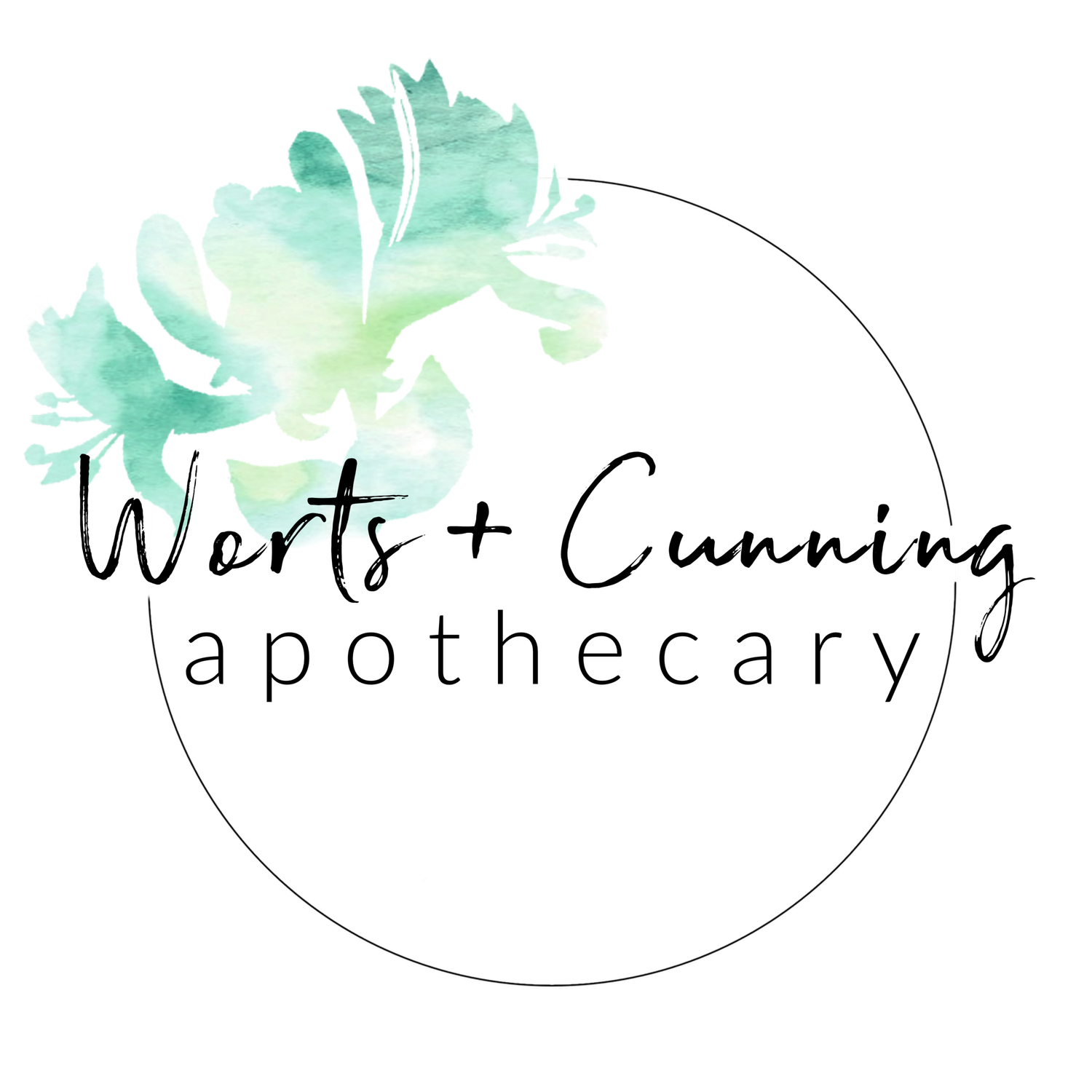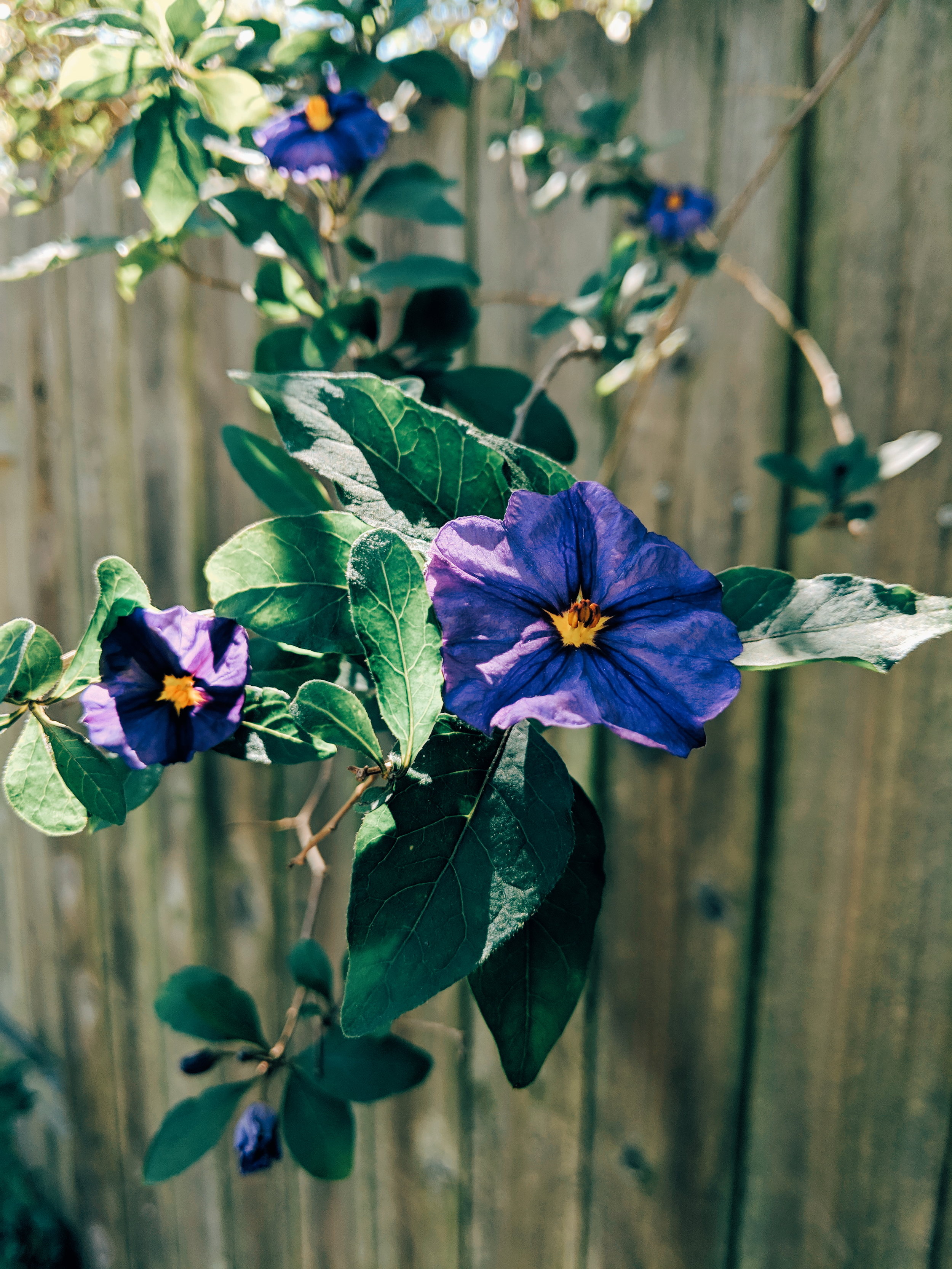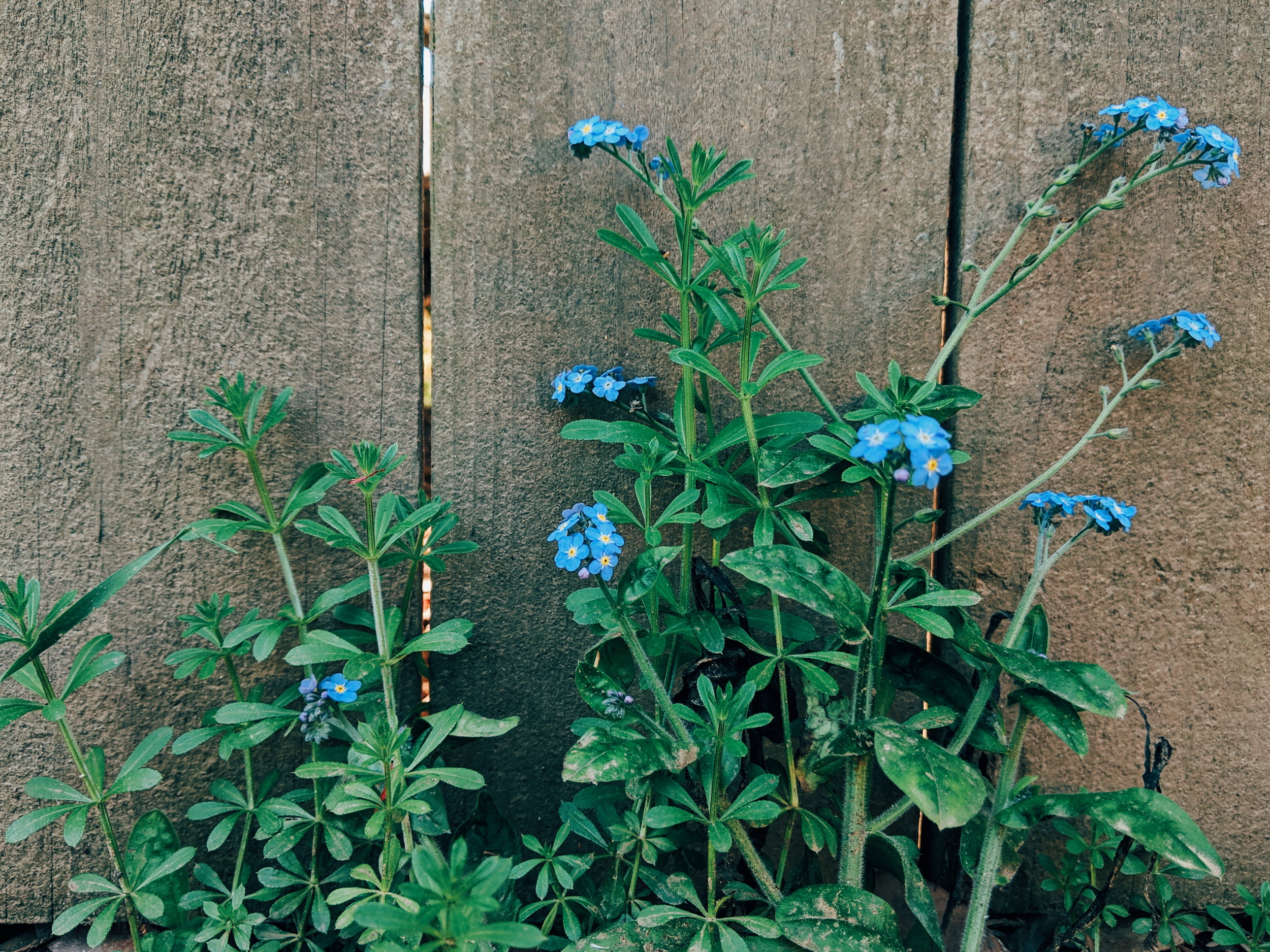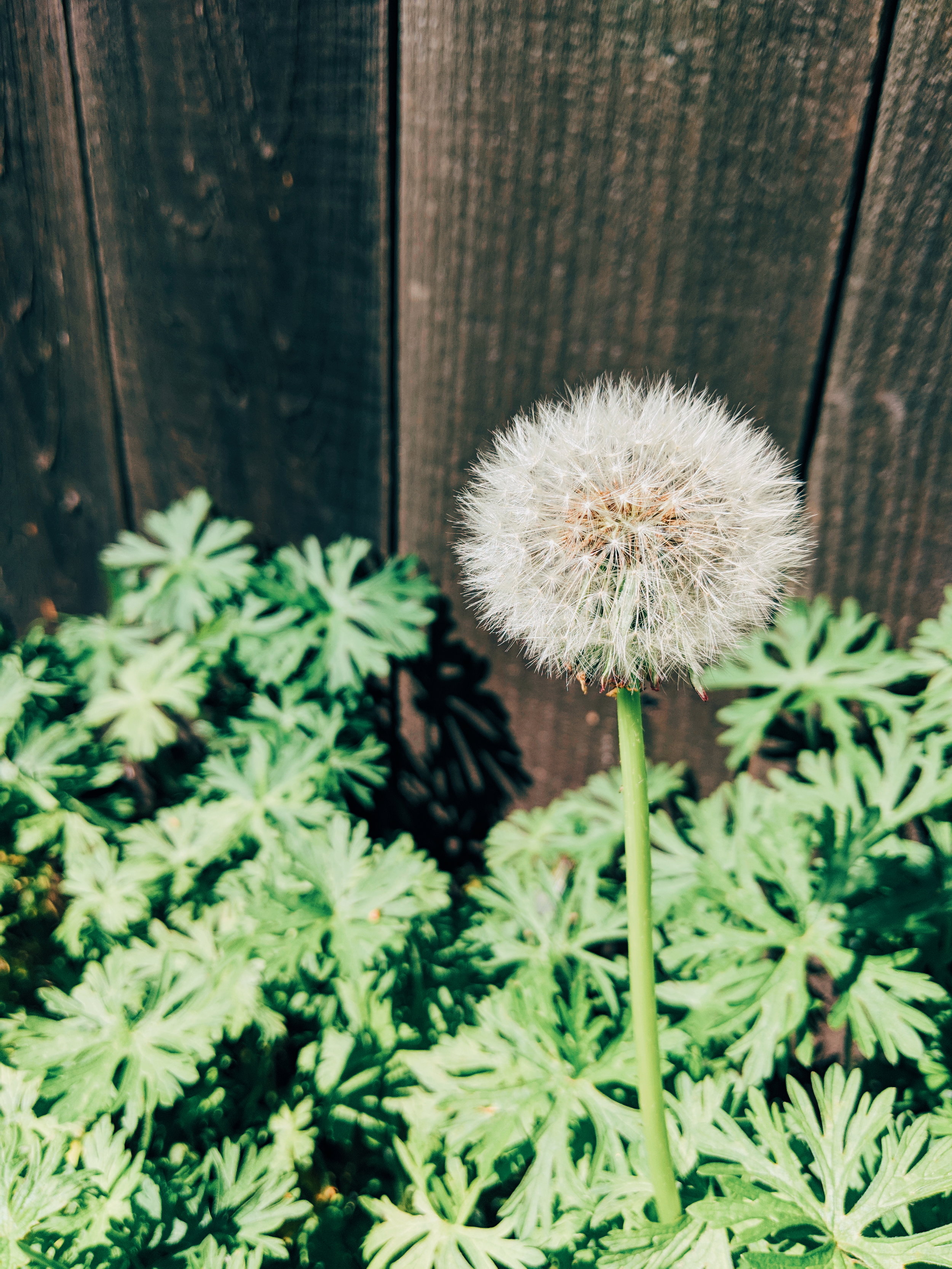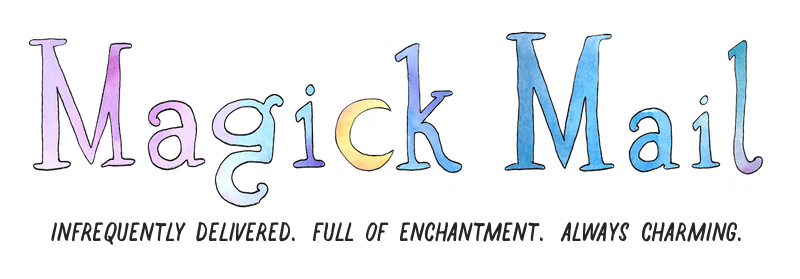Your Work Is Not Your Worth : Herbs + Essences to Move from Overwork into Interdependence
I’ve been on a journey of slowing down the past year in ways that have brought me relief and joy, but also a lot of trepidation, rigid fear, and destabilization. This move towards slowness has been a long time coming and holy heck have I resisted it for what I thought were all the “right” reasons. None of these reasons served me or the wholeness, resiliency, and pleasure we need in ourselves and our communities right now and yet I clung to them for way too long. Because why embrace change when you can cling?
So what were these reasons that I was convinced deserved my clingy effort? Prithee, enjoy:
I can’t slow down because the world is on fire and who am I to take time “away” from the fight? (Because who needs to sleep or eat! That’s sustainable!)
I think I have it hard! HA! Look at all the other folks who have it way harder than you and get back to work. (i.e. the endless, disconnecting, and demoralizing comparison game!)
If I don’t work this hard I won’t be able to pay my bills (now this reason can be very true sometimes, but it was not true for me all the time and I used it as an excuse to not ask for help from others).
I mean I work too much but I love my work so that doesn’t count, right? (i.e. the entrepreneur’s death knell)
I have got to get it “right” on the first go or not only am I “wrong” but a bad person (i.e. the purity politics that are running us ragged in social justice circles).
If I slow down who will I become? (Aha! This fear is actually a beacon by which to explore deeper needs and desires with)
I’ll be honest - none of these “right” reasons every felt right to me. But I was raised on the internet and this is the sort of messaging we’re bombarded with in communities agitating for change. Slowly but persistently over the years, these whispers of anxiety moved from the corners of my consciousness to taking center stage as my very own personal internet choir of doom and tear-downs. I knew it was happening and tried to alleviate this growing tightness in my spirit in a multitude of ways except the one way I was most afraid of - slowing way down.
Slowing down would be admitted a few truths to myself that I am still learning to be comfortable with:
I am very introverted but often appear to be extroverted in my life (though this is changing as I grow into these inward parts of myself). Through denying my introversion I frequently set myself up to feel like a social experiment gone awry using inappropriate markers to judge my “success” of being a person in the world. Coming from overcultures and personal cultures which prize extroversion over introversion means there’s just a lot of stuff to untangle. That and recognizing that we are all a variation of introverted and extroverted tendencies - I’ve just been relying too hard and long on my extroversion skill set and need a break.
I’ve been doing too much the past few years, following the tight path of fear instead of the open flow of desire.
The internet choir of doom and devastation in my head? It may have been built on lived experiences, a hyper-connected culture, and real-world problems, but I’m the one giving them the stage, providing refreshments, and making sure the mics are on.
Yet, the allure of slowness has aligned more strongly with my desires than my the power of my fear teaming up with anxiety. What I have known all along is that my worth (and your worth) is not tied up with my work, my productivity or the ever changing measurements of overculture success. I’m going to take a moment to quote adrienne marie brown at length now for two reasons a) consider this an extended invitation for reading her work Emergent Strategy and b) because her words are a pleasure and get right to why we need to step together and slow down.
“One of the most common and exciting elements of the visioning exercises I have done with social justice movements and organizations is the desire for a society where there is more interdependence - mutual reliance and shared leadership, vision. This is particularly our longing in the face of economic competition.
Most of us are socialized towards independence - pulling ourselves up by our bootstraps, working on our own to develop, to survive, to win at life. Competition is the way we hone our skill and comfort with the opposite of mutual reliance - we learn to feel proud about how much we achieve as individuals, and sometimes, to actively work to bring others down in order to get ahead.
In a capitalist society like the United States, every aspect of our survival - from food and water to healthcare, childcare, and elder care - is based on our success at being an individual in the world: Do we compete well enough to make good money so that we can live a good life?
… Do you already know that your existence - who and how you are - is in and of itself a contribution to the people and place around you? Not after or because you do some particular thing, but simply the miracle of your life. And that the people around you, and the place(s), have contributions as well? Do you understand that your quality of life and your survival are tied to how authentic and generous the connections are between you and the people and place you live with and in?” (Emergent Strategy, pages 87 + 91)
Take a moment to breathe that in.
These words brought me back to the moment a few years back of knowing in my bones that I, in all my complexity, have a right to exist. There is nothing to prove to myself or others, but plenty of opportunity to participate. This memory and brown’s words also affirmed a feeling I’ve been having to describe my work not as intersectional (though it is) but more accurately as interdependent - but that’s another post… Right now, that’s feeling good in my bones and getting slow means I’m paying more attention to my rootedness.
Slowness as a sacred act of resiliency, homecoming, and pleasure, has reminded me that my worth is not tied up in my work, my productivity, my success or my failures. It’s bound up in relationships. Yes, work can be one way of creating relationships, but it shouldn’t replace relationships, or be a measurement by which to determine if you are worth relating to. Some of the earliest lessons and knowings my Pagan Witch path was tied up to the idea of being in harmonious relationship with myself, the elements within and around me as well as the community of people, creatures, and kin that I was part of. I remember learning “a Witch is only as good as their word” and, being people of spoken charms and incantations, listeners of plants and animals, and storytellers of lost myths, how important this felt for me. How filled with a sense of worth I was knowing that the world might be telling me one thing about how my worth was determined, but I knew that it was these sacred relationships that were the true reflection of my worth.
But it was really hard to take the first few steps of slowing down. So I turned to my relationships with my plant kin for guidance. And if you’re feeling resonance with what I’m writing, I hope that the following recommendations for both flower essences as well as herbal remedies help those of you who are trying to slow down in order to do less but be more. More in love. More in life. More in your wholeness and relationships.
Herbal Allies
Milky Oat (Avena sativa): All of the herbs I recommend are nervines because our nervous systems are overworked when we use work as our marker for our worth. Milky Oat is a beloved of mine and a true friend to those of us who have crispy and frayed nervous systems. This is a daily long-term (multiple months) sort of remedy to really take root. Along with nourishing and restoring the nervous system to balance, Milky Oat softens us up. Overwork creates a state of rigidity brought on by tension and fear. As we learn about how to be internally nourished from Milky Oat they help us to seek out similarly nourishing relationships with the people, creatures, and places around us. Read the full Milky Oat plant profile.
Blue Vervain (Verbena hastata): Neck and shoulder tension, stress headaches, and a being tightly wound or type A, are all indicators that Blue Vervain may be a helpful ally to you. The herb is lovingly relaxing and tension-reducing as well as alleviating inflammation. As a temple herb - a plant that is well-suited to sacred rites - Blue Vervain helps us to figure out what is sacred in our life and how much space we want to gift to our sacredness. Read the full Blue Vervain plant profile.
Rose (Rosa spp.) Flower + Essence: I’ve written about Rose quite a bit, but in particular for overworkers and folks struggling to place their worth in a framework that is healing instead of disruptive, Rose helps us to reconnect us to our heart presence. As a symbol of mystery and complexity, Rose helps us to embrace our own complexity and ability to adapt. And adaptation is not just another excuse for running yourself ragged (i.e. I can adapt to only 4 hours of sleep a night and maintaining a toxic relationship to social media, it’s cool) but real adaptation means we know when to step up, step back, and step into the arms of support.
Elm Flower Essence: I resisted taking Elm flower essence because I didn’t want to recognize myself as someone who tied up so much of their worth to their work. But immensely patient Elm said, “That’s fine. I’ll wait.” Here’s the description of Elm from Dr. Edward Bach “Those who are doing good work, are following the calling of their life and who hope to do something of importance, and this often for the benefit of humanity. At times there may be periods of depression when they feel that the task they have undertaken is too difficult, and not within the power of a human being” (The Twelve Healers and Other Remedies). Elm is an excellent ally not only for the “work as worth” dynamic but for when burden outweighs hope in one’s life, remembering that burdensomeness in one’s life can manifest as persistent anxiety. This is a great pre- and post-therapy session essence, too.
Oak Flower Essence: The essence for folks who don’t know when to sit down and rest. We all know how strong you are - you don’t need to prove it to anyone. It’s time to believe it yourself and rest up before that resiliency runs out on you. This essence is great for folks who feel a sense of duty to set the world right at the cost to their own health and wellbeing. Stubbornly resisting slowing down even thought there is small but persistent inner knowing that it’s just what you need? Make friends with Oak. Oak is one of the most beautiful teachers of interdependence and a longstanding embodiment of wisdom with a root system even more extensive that then vastness of its aboveground presence - which should tell us something about longevity. Again from adrienne marie brown’s book this time quoting Naima Penniman:
“When Hurricane Katrina slammed into the Gulf Coast, almost everything lost its footing. Houses were detached from their foundations, trees and shrubbery were uprooted, sign posts and vehicles floated down the rivers that become of the streets. But amidst the whipping winds and surging water, the oak tree held its ground. How? Instead of digging its roots deep and solitary into the earth, the oak tree grows its roots wide and interlocks with other oak trees in the surrounding area. And you can’t bring down a hundred oak trees bound beneath the soil! How do we survive the unnatural disasters of climate change, environmental injustice, over-policing, mass-imprisonment, militarization, economic inequality, corporate globalization, and displacement? We must connect in the underground, my people! In this way, we shall survive.” (Emergent Strategy, 85)
While I still feel like it’s early days learning about my slowness, it also feels like a return to something very old within me that I’ve always known. And old places within ourselves can be hard to get to. So lean on the elders in your community, be they plant, people or creature, and remember to slow down when wisdom is shared. Yes, the world needs changing if we’re going to find ourselves in more just and kind relationships with one another and our ocean planet. But though we need to act quickly, ultimately the solutions remain ones of slowness. Slowing down unrelenting growth, dominating expansion, and consumerism, into something more considered, unafraid of real change, and tied to the sacredness of life and death, not just its exploitation. Remember not to exploit your own resources in an attempt to save other resources.
Practice slowness as a spiritual calling.
Know slowness as self-love.
Create slowness in your community as an act of resiliency.
In slowness and gratefulness,
Alexis
